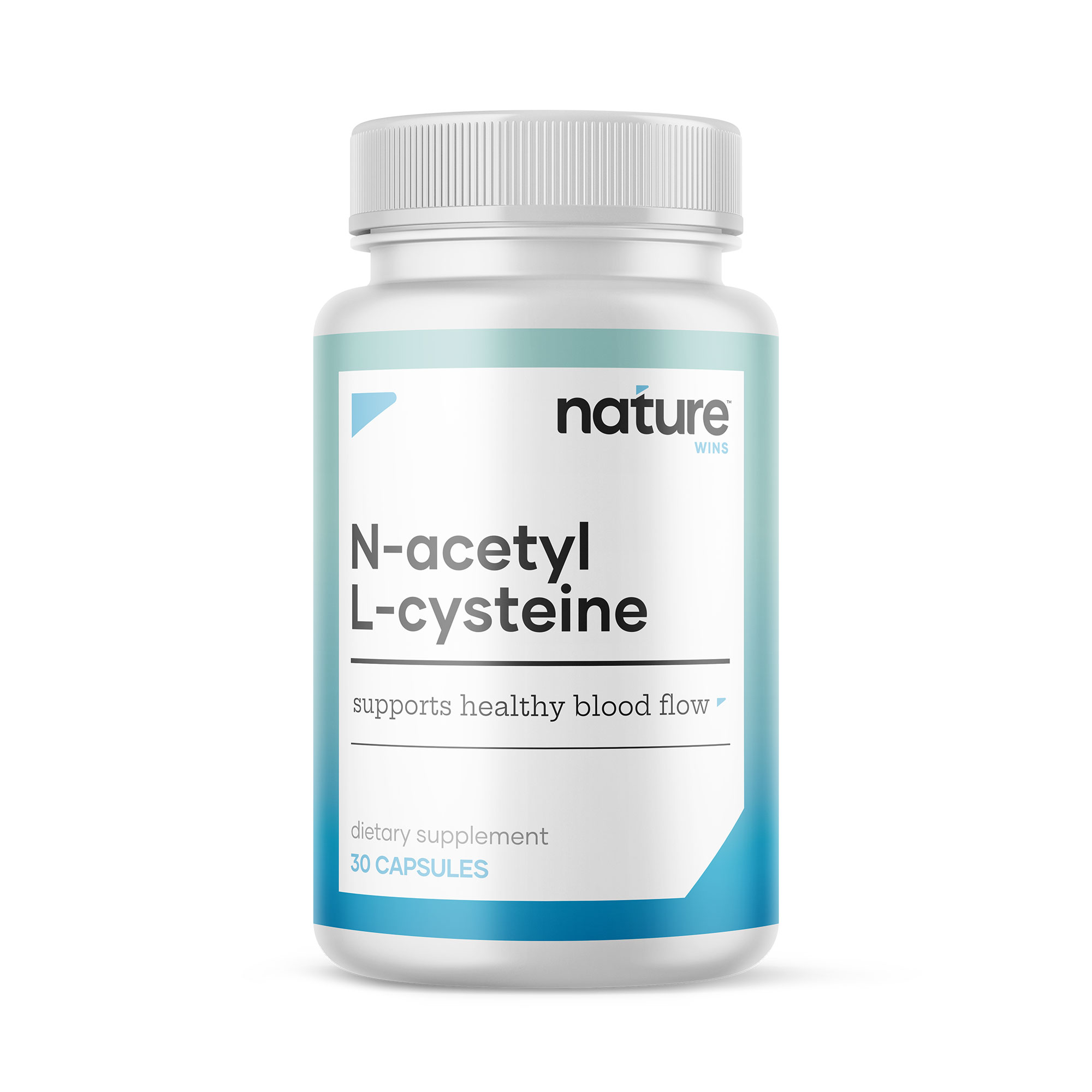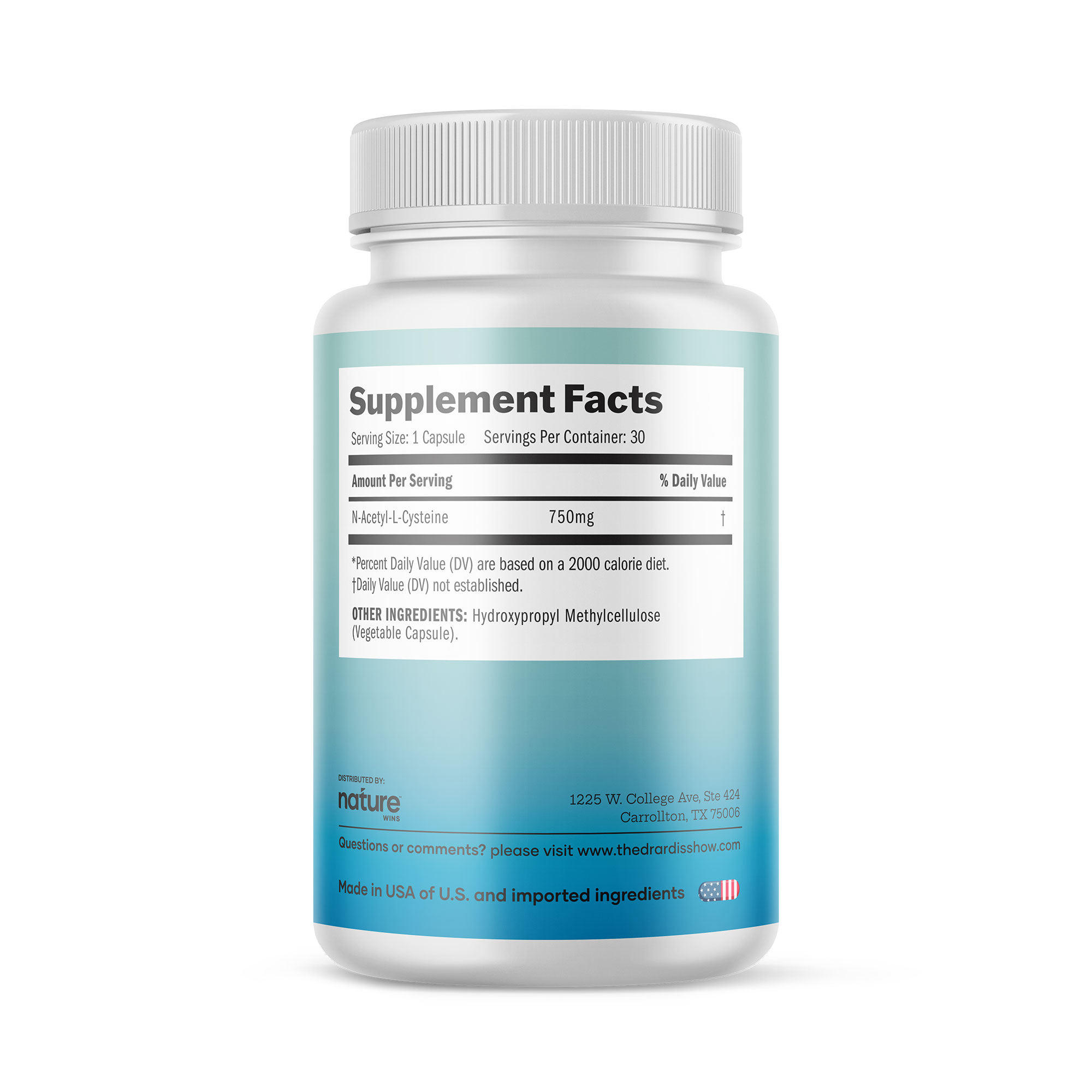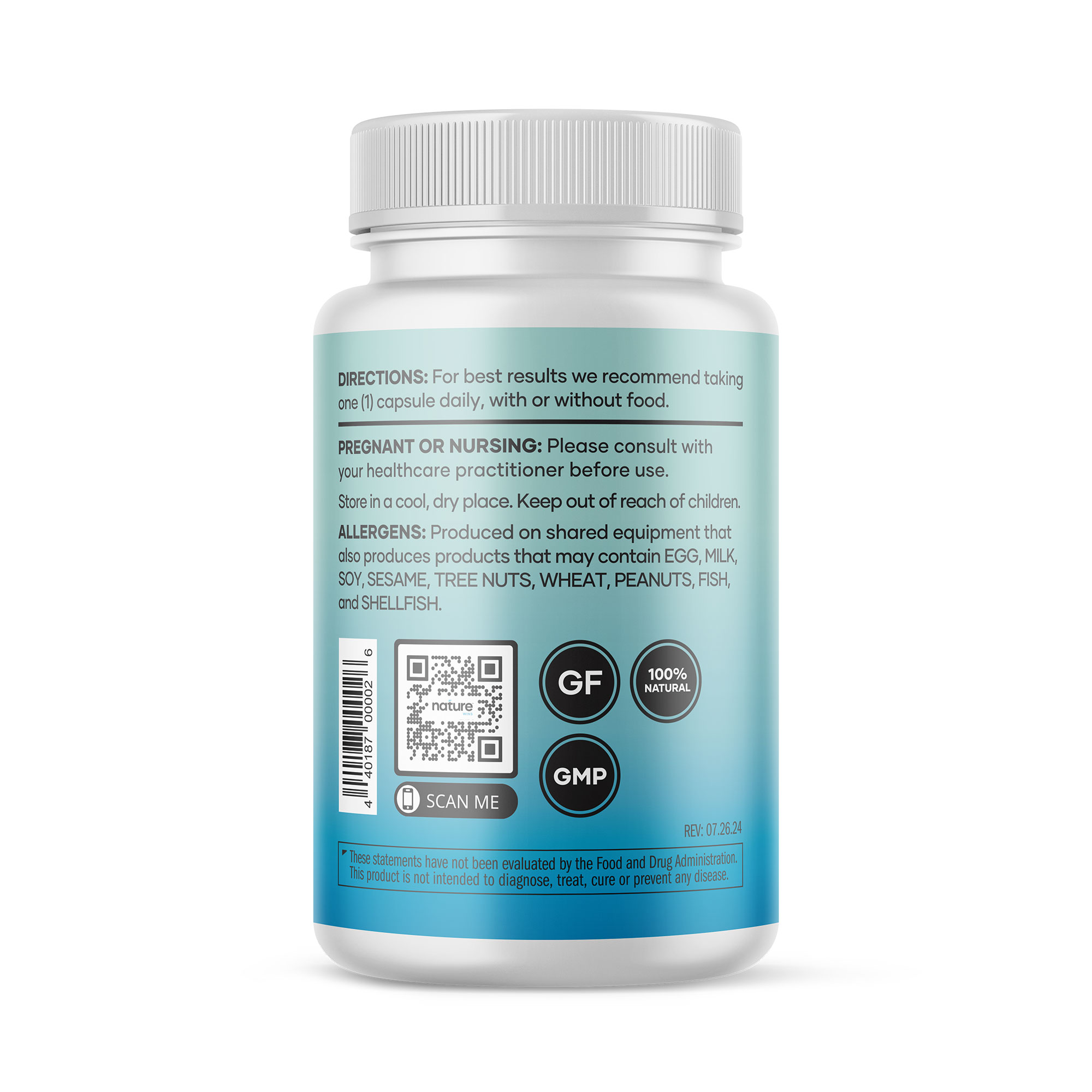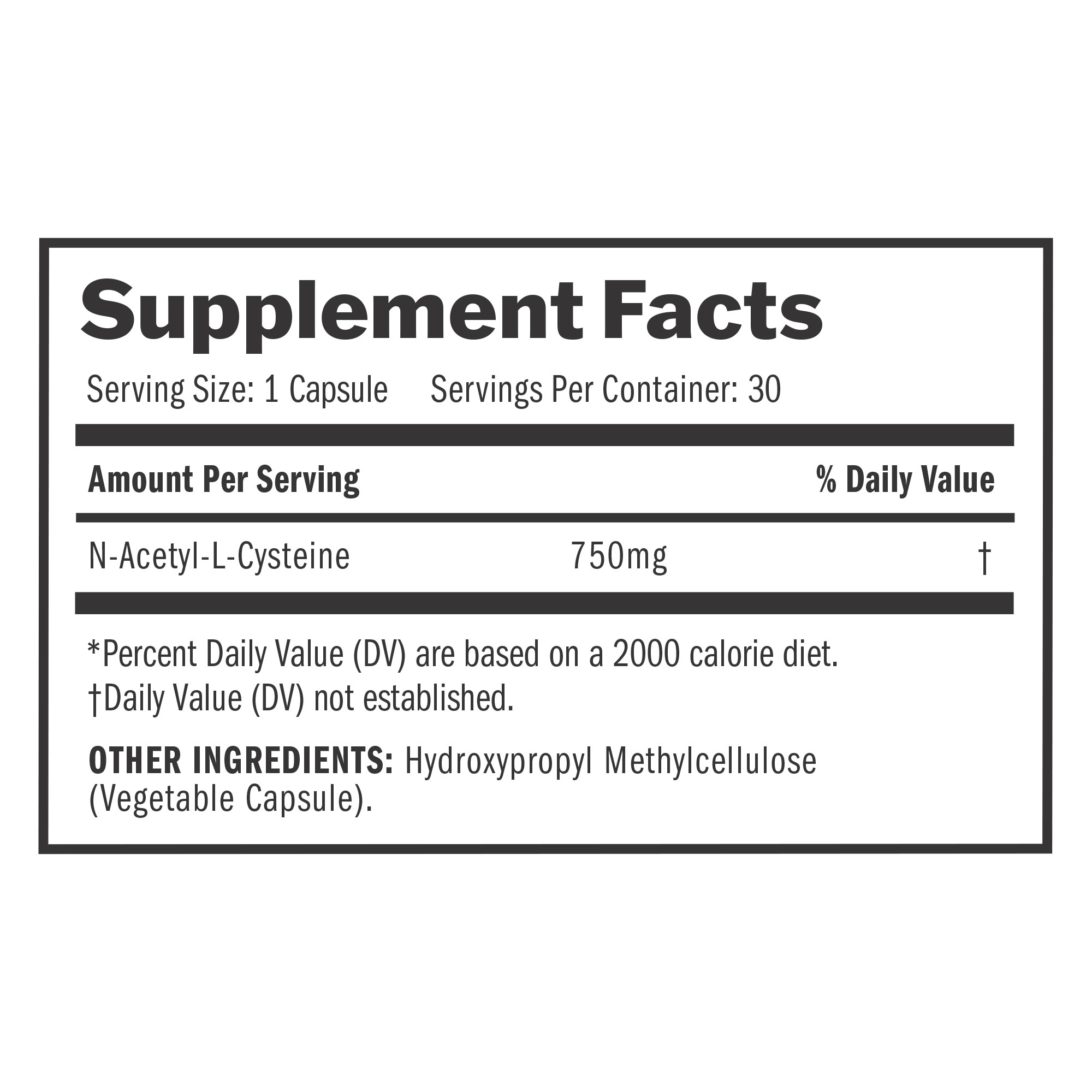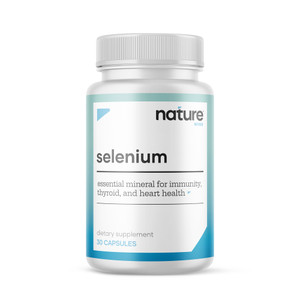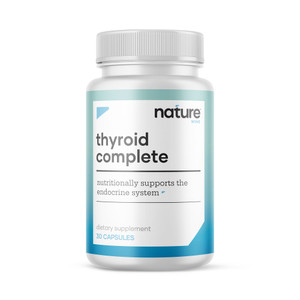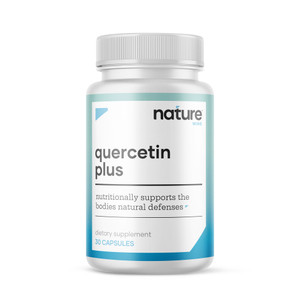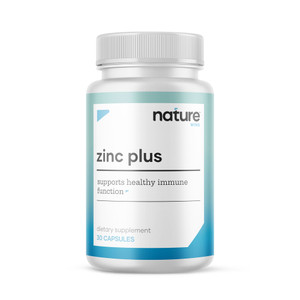THE NATURAL BLOOD DETOX
Experience the powerful benefits of N-acetylcysteine (NAC), a supplement renowned for its antioxidant properties and support of various bodily functions. Derived from the amino acid cysteine, NAC acts as a precursor to glutathione, one of the body's most potent antioxidants. This natural solution helps protect cells from oxidative stress and damage caused by free radicals, making NAC an essential addition to any wellness regimen. NAC also is published and known to science to prevent blood thickening and blood clot formation in the human body!
WHO ITS FOR
• Anyone, of all ages, who is looking to protect their blood, improve their liver function & speed up immune function
• Anyone, of all ages, who is looking for a natural blood detox.
SUGGESTED USE
For best results, we recommend taking one (1) capsule daily or as recommended by your healthcare provider. If you have been diagnosed with a blood clot disorder always consult with your medical professional, before starting NAC.
Pregnant or Nursing: Please consult your healthcare practitioner before use.





